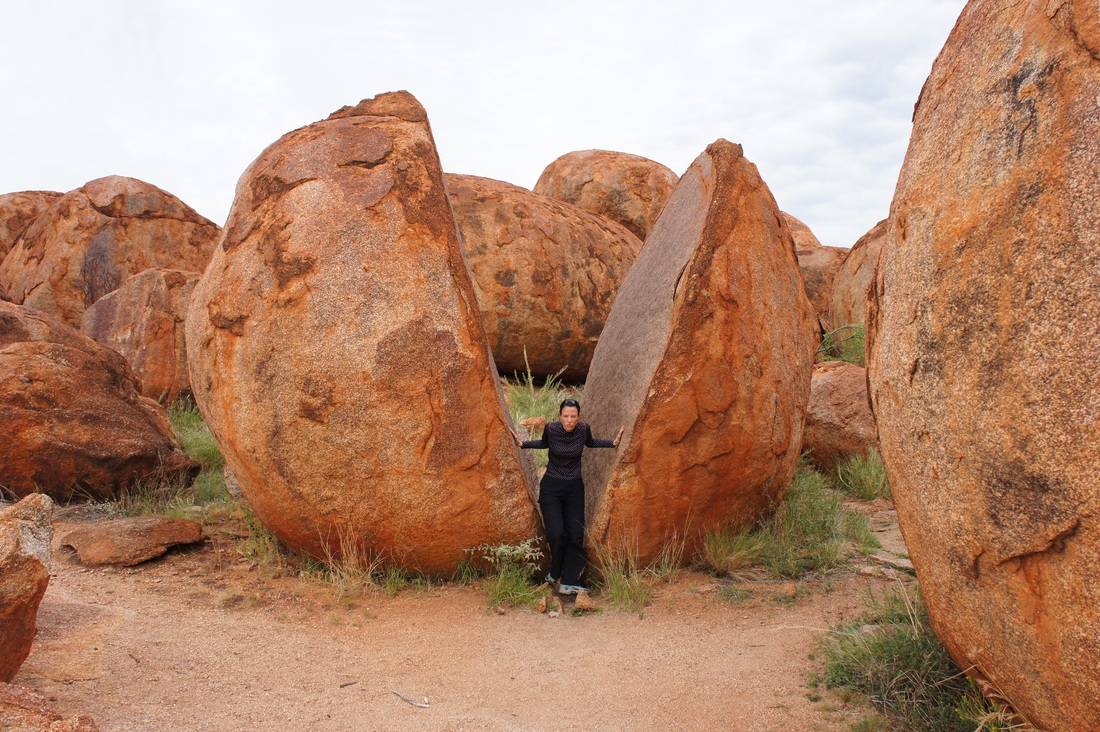The “original position” is Rawls’ thought experiment to replace the imagery of a savage state of nature from prior political philosophers like Thomas Hobbes. In it, parties select principles that will determine the basic structure of the society they will live in. This choice is made from behind a “veil of ignorance,” which would deprive participants of information about their particular characteristics: his or her ethnicity, social status, gender, and conception of the good (an individual's idea of how to lead a good life). This forces participants to select principles impartially and rationally. The original position is designed to reflect what principles of justice would be manifest in a society premised on free and fair cooperation between citizens, including respect for liberty, and an interest in reciprocity.
We will never have the opportunity like this to actually discuss societal justice before our "particular characteristics" come into existence, but we might get a chance to discuss a new blueprint for a new society some day. Like in this thought experiment for example:
--------------------------------------------
The twenty civilians selected to go and live on the Mars colony were set an unusual task. On the red planet there would be a number of goods, including accommodation, food, drink, and luxury items. They had to decide, before they went out, on what basis these goods would be distributed. But, critically, they did not know what the most important tasks would be on the colony. All the work could be manual, or none of it. It might require great intelligence, it might be better suited to those less in need of mental stimulation.
The first suggestion made was that everything should be shared equally: from each according to their abilities, to each according to their needs. But then someone raised an objection. If there was lots of work to be done and someone refused to do their share, wouldn't it be unfair to reward them with an equal slice of the cake? Surely there needed to be an incentive to contribute?
The objection was accepted, but that just seemed to lead to more problems. Fairness did not appear to mean the same as giving everyone the same. But what then did it mean?
Baggini, J., The Pig That Wants to Be Eaten, 2005, p. 28.
---------------------------------------------
The goal of an economic system is to maximize the survival of the species. Its goal is not to maximize profits or consumer benefits.
This is easy to lose sight of when talking about 6 billion people who are dominating the planet and seem to be in little (imminent) danger of going extinct. For 20 people trying to carve out a habitable niche on a hostile foreign planet though, the importance of this tenet becomes much more obvious. One of the more radical proposals being discussed these days to help alleviate poverty and income inequality is the idea of an unconditional basic income, which is "a form of social security in which all citizens or residents of a country regularly receive an unconditional sum of money, either from a government or some other public institution, in addition to any income received from elsewhere." There are lots of reasons why countries like Switzerland are considering this idea, but on Mars, where each of the 20 people in this thought experiment would be incredibly important to keep alive, and presumably they would have been chosen for the mission because of their work ethic, it seems obvious that this would be the first place to start when distributing the local resources. Basic accommodation, food, and drink to support existence should be given to all. But what about the luxury goods? How should those be distributed? Let's look at a few more of my economic principles for guidance.
Advocating free market capitalism for an economic system is advocating for extreme competition. But as competition gets fiercer and fiercer, the time horizon for survival becomes shorter and shorter as too many firms and individuals must sacrifice the long term just to stay alive in the short term. Sacrificing the long term threatens the survival of the species.
Advocating communism for an economic system is advocating for extreme cooperation. But without competition, there are no losers and no incentives for winners. Progress grinds to a halt and the species remains stagnant until it is overtaken by events or other species. This is also a threat over the long term.
The perfect economic system is somewhere between these extremes of competition and cooperation. No perfect balance can be known ahead of time and the economy is too complicated to forecast its design with great accuracy. We must set broad and balanced goals for outcomes and adjust market mechanisms by trial and error to reach these goals. Minimize market failures. Protect commons. Price in externalities. Create a long-term bias. Favor sustainability. Protect consumers. Ease the movement of and access to capital and labor. Provide employment or retraining opportunities. Invest in innovation. Keep exposure to debt default low. Favor robustness over fragility. To each according to his or her talent and effort; not according to his or her means or needs. Replace the extremes of capitalism and communism with these sustainable principles of "evism."
Without knowing the precise nature of the luxury goods or what the 20 people in our experiment will be doing we can't create a defined distribution plan, but using these general philosophical principles along with a few successful examples from the business world, we should be able to develop a process that works. I know, for example, that Whole Foods has a voting requirement for team members to decide if new hires should continue to be employed after 30-60 days. It's probably not an option to send people home all the way from Mars, but perhaps a trial run on Earth followed by this procedure would help select a good team. Companies like Buffer have been successful having complete transparency with their salaries. This seems like a good idea to squelch gossip and unnecessary worry among our small group. And I have also read about some organizations experimenting with team members voting on the salaries of others within their groups. Some NBA teams distribute playoff earnings this way. That may not work in enormous and impersonal bureaucracies and economies, but for our small band of intrepid explorers it seems like a good idea to hold everyone accountable.
So, that's my plan. Select the group carefully for how well they work together, pay everyone enough to live, then vote for how to distribute the rest of the resources with the results being transparent to all. What do you think? Is this a good start? What downsides do you foresee and how might you address those?




